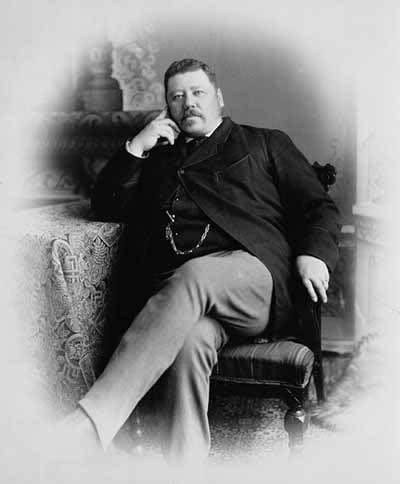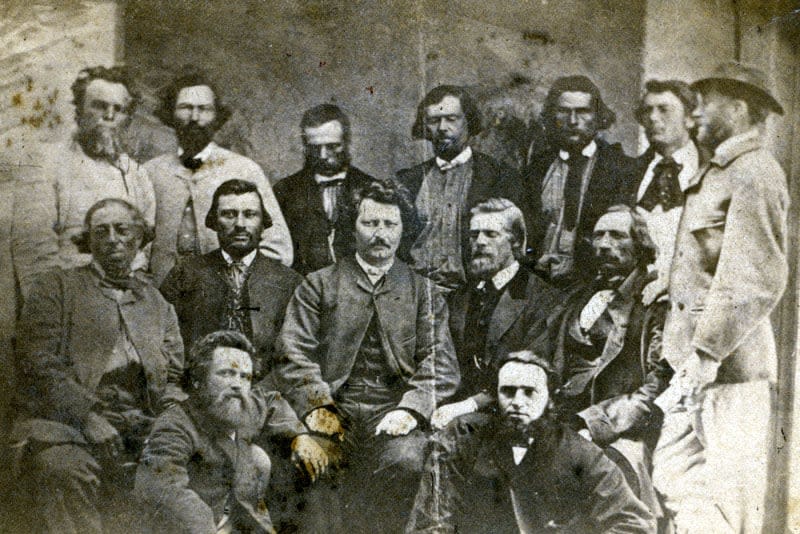The Tories have just signed a deal with the doctors, just before the election in the hopes it will help them with the voters.
Is late really better than never? That is the question that physicians across Manitoba will be asking themselves in the last weeks before a provincial election campaign officially begins.
Just over 10 days ago, Doctors Manitoba reached a new funding deal with the PC government that addressed physician pay, retention and recruitment. The physician’s bargaining group called deal “historic” and predicted it would improve “access to and quality of medical services.”
The deal included a 6.1 per cent funding increase across the board for physician services, targeted market adjustments to address shortages of medical specialists, and a special retention bonus for all existing physicians “to recognize their continued service in Manitoba.” There was also a commitment to consult before-hand with physicians before any changes are made that impact day-to-day provision of medical services.
But, there’s always a but.
Dr. Michael Boroditsky, president of Doctors Manitoba, noted in a news release that there are still many issues that were not addressed by the new deal. Left out were efforts to address specific physician shortages in geriatric medicine, hospitalists and those willing to work in remote First Nations. And more work needs to be done to reduce the administrative burden on physicians.
This deal is, by all measurements, completely unlike the deals offered to physicians in the past. As was the case with all public-sector bargaining groups, the PC government has been a stingy paymaster. For most of its nearly seven years in government, the Tories attempted to imposed wage freezes on public servants that were to be followed by years of austere wage increases. It is only now, past the worst months of the pandemic and staring down a date with voters, that the Tories have loosened the purse strings.
Does that mean this deal buys the Tories enough goodwill to remove physicians from the long queue of aggrieved public servants looking for payback in the October 3 election? It’s unclear at this point.
Since taking over from her predecessor Brian Pallister, Premier Heather Stefanson has been working hard to restore faith in government, both as a provider of services but also an employer. Groups that refused to accept zero, and thus went without a contract for years, got deals with wage increases that were well beyond what government had hoped for. Pallister’s infamous wage-freeze strategy backfired in spectacular fashion, and now leaves government with huge liabilities on public sector wages.
No area of the public service was impacted more by this policy than health care, where the government’s austerity has led to a severe shortage of both doctors and nurses. In the former case, physicians either left or refused to come here to work. In the latter, thousands of trained nurses have either retired, left the province or gone to work in the private sector where they are paid better and have more control over their lives.
These staffing shortages are the largest and most intractable cause of Manitoba’s maddeningly long wait lists for priority diagnostic and surgical services. Wait lists that, by last count and in spite of government’s best efforts, are getting longer.
What the PC government has done to health care in general, and physicians in particular, over the majority of its time in government has created a pretty huge hurdle the Tories must cross in its pursuit of another mandate. Stefanson has taken steps to address staffing shortages in health care with new deals for doctors and nurses, but the results of those efforts won’t be realized until months, if not years, after the election.
So, is late better than never? The Stefanson government will find out for sure on October 4.
https://www.winnipegfreepress.com/opinion/editorials/2023/08/28/election...

 A Progressive Conservative Party advertisement in the Winnipeg Free Press on Wednesday, Sept. 27, 2023. (Progressive Conservative Party of Manitoba)
A Progressive Conservative Party advertisement in the Winnipeg Free Press on Wednesday, Sept. 27, 2023. (Progressive Conservative Party of Manitoba)
